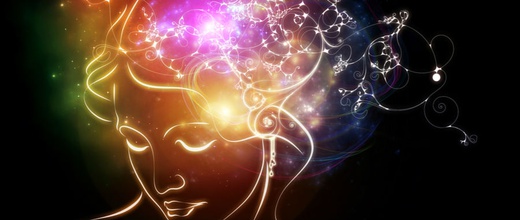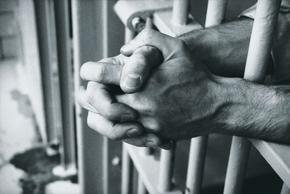The views expressed in our content reflect individual perspectives and do not represent the authoritative views of the Baha'i Faith.
Yes, individuals do make history sometimes—but for the few who are given that privilege, its true value can only be estimated only in hindsight.
More than 150 years ago in a garden at Badasht, Persia, Tahirih, the renowned poet and revolutionary, renounced her veil and, before the stunned male participants, announced through the power of this deed a new age for her gender.
Four years later, at the moment of her execution, she said “You can kill me as soon as you like but you cannot stop the emancipation of women.”
One and a half centuries later, and more than a decade into a new millennium, we remember Tahirih, and all those men and women since who have kept the flame of her cause burning brightly down all the years. They passed this torch on to our generation here today; other peoples, other lands, other centuries.
Those heroines and heroes remain with us, and will continue to inspire and guide us, just as we too must inspire and guide the generations still to come:
Opposition to a newly revealed truth is a common matter of human history; it repeats itself in every age. But of equal historical consistency is the fact that nothing can prevail against an idea whose time has come. The time has arrived for freedom of belief, for harmony between science and religion, faith and reason, for the advancement of women, for freedom from prejudice of every kind. — The Universal House of Justice, 9 September 2007.
In their statement The Promise of World Peace, the Universal House of Justice—the democratically-elected global governing body of the world’s Baha’is—described the important connection between education and discrimination, stating “… ignorance is indisputably the principal reason… for the perpetuation of prejudice.”
If we are to change the cruel, destructive ways women are still treated in many parts of our planet, we must first change the way we think, and the things we value. This can be effected through a process of education—both material and spiritual—that will bring balance to the present state of social and material disequilibrium and contribute to the collective maturation of humanity. This process, called by some the “feminization of the planet,” will bear its true fruit in an age of peace, when the masculine and feminine will find their co-equality.
Abdu’l-Baha, son of Baha’u’llah, the prophet and founder of the Baha’i Faith, described this process:
The world in the past has been ruled by force and man has dominated over woman by reason of his more forceful and aggressive qualities both of body and mind. But the scales are already shifting, force is losing its weight, and mental alertness, intuition and the spiritual qualities of love and service, in which woman is strong, are gaining ascendancy. Hence the new age will be an age less masculine and more permeated with the feminine ideals, or, to speak more exactly, will be an age in which the masculine and feminine elements of civilisation will be more properly balanced. – Abdu’l-Baha, Star of the West, Vol. 2, p. 4.
As we embark on the journey to that new age, we need to identify some of the primary ways we have acquired our present beliefs about the role and value of the sexes, and to explore positive directions for future educational change.
True education creates enduring change. People can learn to behave in outwardly politically correct ways, but the real challenge is to so internalize new values that they become an inseparable part of the individual. This is what Baha’u’llah asks of us when he calls on humanity to become “a new race of men.”
Abdu’l-Baha said “The reality of man is his thought, not his material body.” – Paris Talks, p. 17. Our thoughts become realized in our deeds. In seeking to promote the advancement of women, we need to retrain thoughts, attitudes, beliefs and values. We need to do this for ourselves as individuals, but we also seek to influence others at every level of our personal and collective lives. Just as Tahirih did, we all need to do everything possible to advance the emancipation of women.
In a message to the Baha’is of the World, the Universal House of Justice wrote:
The emancipation of women, the achievement of full equality between the sexes, is one of the most important, though less acknowledged prerequisites of peace. The denial of such equality perpetrates an injustice against one half of the world’s population and promotes in men harmful attitudes and habits that are carried from the family to the workplace, to political life, and ultimately to international relations. There are no grounds, moral, practical, or biological, upon which such denial can be justified. Only as women are welcomed into full partnership in all fields of human endeavour will the moral and psychological climate be created in which international peace can emerge. – The Universal House of Justice, October 1985.
The centuries ahead hold extraordinary potential for change as women—fully one half of the planet’s people—progressively engage in this global process.

















Comments
Sign in or create an account
Continue with Facebookor